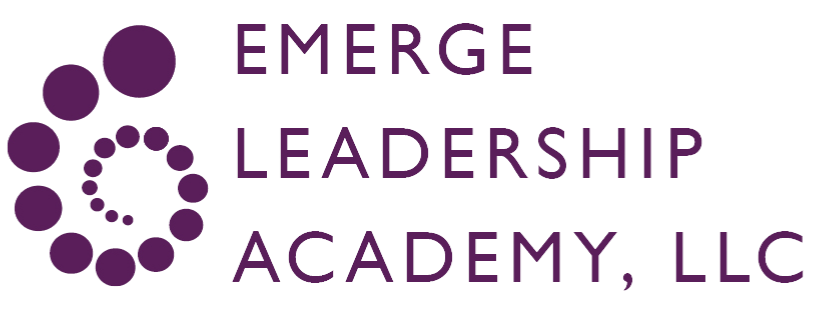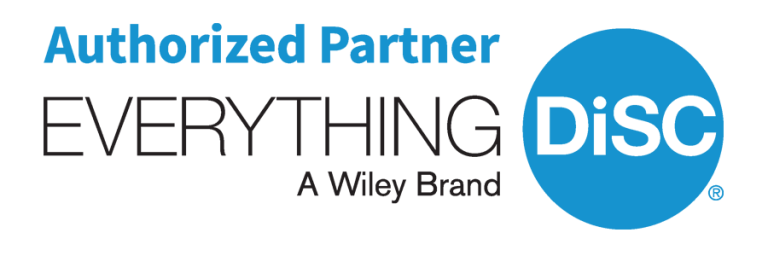Are your habits building you up or cutting you down?
I remember when I first engaged in the idea of giving up my very destructive habit of drinking. I was frantically scared but it was affecting me badly.
I was sick all the time and I couldn’t cope with life without it yet I despised myself and where it had brought me. I couldn’t cope with it and I couldn’t cope without it. So I reached out for help and I got it.
I learned how to live life without alcohol and drugs.
This was a habit that was incredibly difficult to break and it took time.
Yet because it was so hard, I decided never to do it again because I didn’t want to have to go through all that pain again!
Of course, it helped that I developed much better coping mechanisms.
However, most bad habits may not be as dramatic as what I went through, but I’ve given up enough other bad habits to know that they can be as equally difficult to break.
I was at a conference recently where I saw James Clear speak. He’s the author of Atomic Habits: An Easy & Proven Way to Build Good Habits & Break Bad Ones
James shared that if you just focus on improving 1% every day, you can eventually reach all of your goals and develop into your highest potential. I want that!
However, if you continue to indulge in your bad habits, eventually the consequences will creep up on you. It may come in the form of a health crisis, a financial crisis, a relationship crisis, or a career crisis but it will come.
It can feel like a crisis when any of these areas reach a tipping point where things (habits) MUST change. Then we feel backed into a corner and forced to change or face even more dire consequences.
If you are looking to better understand the stages of behavior that create a habit (good or bad) then read on.
The four stages of a habit are:
- Cue: A trigger that tells your brain to initiate a habit (ex. seeing a bowl of candy on the counter)
- Craving: The prediction that compels you to act (ex. body is used to sugar, body craves sugar when it sees the bowl)
- Response: The actual habit you perform (ex. reaching for candy without thinking and eating it)
- Reward: The result that satisfies your craving (ex. tongue is happy, brain is triggered to relax because craving has been met)
The four laws to initiate behavior change to interrupt or stop an unhealthy or destructive habit:
- Cue – Law 1: Make it invisible (ex. don’t buy or keep candy in the house)
- Craving: -Law 2: Make it unattractive (ex. before eating candy you have to call someone and tell on yourself )
- Response – Law 3: Make it difficult (ex. make a rule that you have to walk to the store if you want to buy candy)
- Reward – Law 4: Make it unsatisfying (ex. only buy candy you really don’t like)
The four laws of behavior change to create a healthy or productive habit:
- Cue – Law 1: Make it obvious (ex. replace the candy bowl with a bowl of fruit)
- Craving: – Law 2: Make it attractive (ex. buy the fruit that you most love)
- Response – Law 3: Make it easy (ex. set a time when you have your snack and don’t run out of it)
- Reward – Law 4: Make it satisfying (ex. set up a reward system for milestones reached)
There is so much more to learn by reading Atomic Habits which I highly recommend if you are having difficulty developing new and empowering habits in your life.
By simply setting goals and then creating habits to improve by 1% every day, you will eventually meet your goals. Focus on elements that you can control in life and focus on those good habits.
One more great tip: When starting a new healthy habit, focus on using the 2-minute rule. Make it easy when you are just getting started. If you want a habit of meditating start doing it for just 2 minutes.
If you are having a craving, just give it 2 minutes to resist. Drink a glass of water and turn your attention to something else, remember your goal, and don’t negotiate with that inner voice who is a saboteur.
You can do this!
All my best,
Maureen
On the Emerge. Evolve. Lead. podcast this week . . .
My guest this week is Scott Vandenburg. I met Scott on LinkedIn when he was celebrating his 10-year anniversary in May.
Scott is an Executive Director at Origins Recovery. However, before recovery leadership wasn’t on his radar at all. Yet getting into a program of recovery and embracing sobriety, led him to leadership opportunities and he decided to step up and guide others.
It’s so easy to let our fears hold us back, especially when we are out there using. But once we get into recovery, it’s almost impossible to ignore your calling. Stepping through our fears and doubts is part of Life’s recovery process. Listen in to yet another inspiring individual showing us the way.
|
|
| Listen Now |
Are you ready to step up in your career?
|
|
| Find out more |



